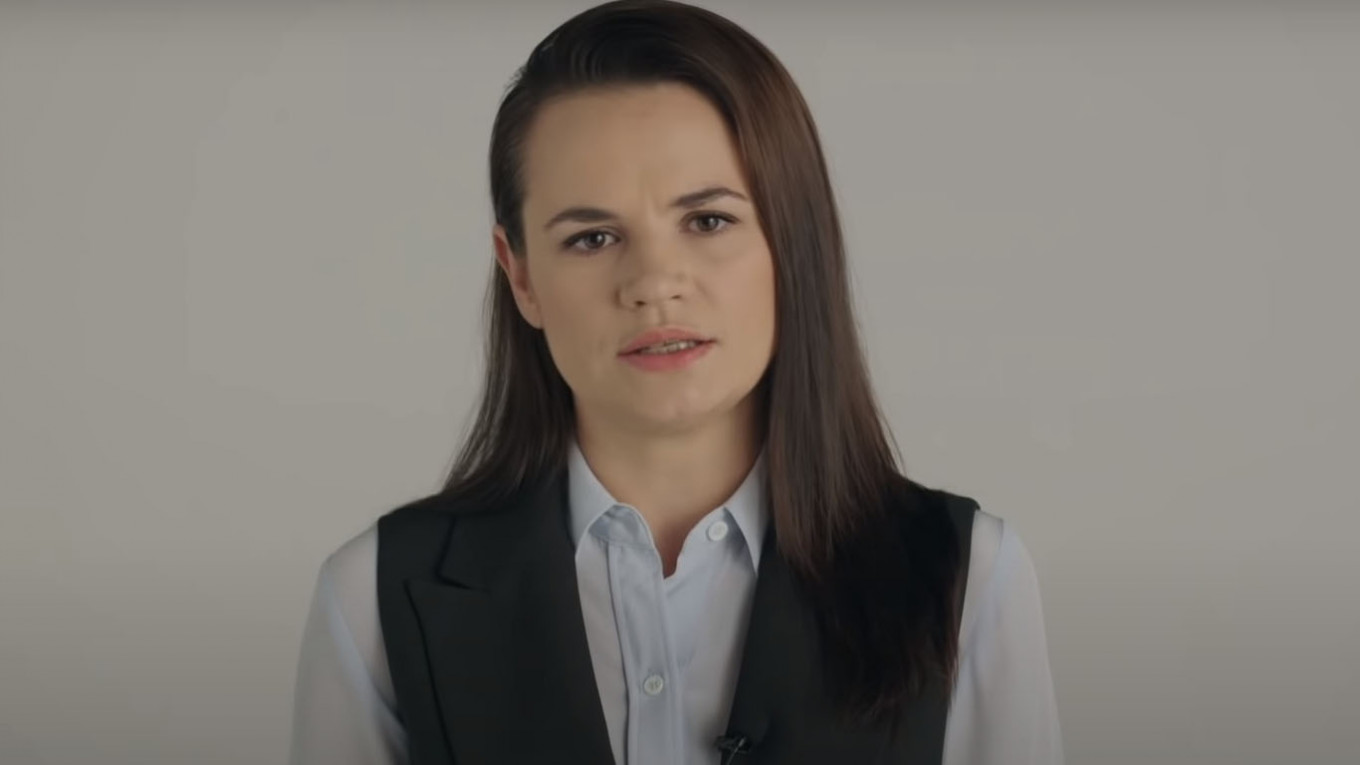
Svetlana Tikhanovskaya, the main challenger to Belarus President Alexander Lukashenko in this month’s disputed elections, has urged workers of state-owned factories to continue striking against state violence and in favor of new elections despite pressure to stop.
Tikhanovskaya’s video address took aim at Lukashenko’s traditionally loyal support base in the wake of strikes at major plants that threatened to shut down production and grind as much as 70% of Belarus’ economy to a halt. Workers have since complained of being threatened with dismissal and in some cases being locked inside factories to prevent them from joining anti-Lukashenko protests.
“You have already shown incredible unity,” Tikhanovskya told the workers of Belaruskali potash manufacturer, Minsk Tractor Works (MTZ), the Grodno Azot fertilizer group and other state-run companies Thursday. “The strikes have squeezed the dictatorship into a corner.”
“The future of Belarus and the future of our children depends on your unity and determination. That’s why I ask you to continue and expand the strikes,” Tikhanovskaya said in a video address.
Belarusian authorities are pressuring and trying to divide the workers, she said, because their strikes “wounded” Lukashenko’s regime “in the heart.”
“Strikes are absolutely legal and powerful weapons against the regime,” she said. “Don’t get bullied. Unite.”
The opposition seeks to stop the violent crackdown on anti-Lukashenko protesters, free political prisoners and hold free and fair elections, political novice Tikhanovskaya said.
Tikhanovskaya’s campaign partner also pledged security guarantees to police officers, troops and investigators “if you come over to the people’s side.”
Belarusian Prime Minister Roman Golovchenko said Thursday that around 360 industrial workers out of 650,000 have staged walkouts.
“All factories in Belarus work as normal, output activity is not lowered anywhere, targets are met,” Golovchenko told state television.
Tikhanovskaya, 37, fled to neighboring Lithuania after claiming victory in the flawed Aug. 9 election whose official results showed an 80% victory for Lukashenko. Lukashenko’s claim of victory sparked the largest demonstrations in Belarus since it gained independence.
A harsh crackdown on peaceful protesters in the days after the vote saw nearly 7,000 demonstrators detained and sparked allegations of abuse and torture at the hands of security services.
Lukashenko, Europe’s longest-serving leader, has resisted calls to resign or hold new elections and accuses the opposition of attempting to “seize power.”
